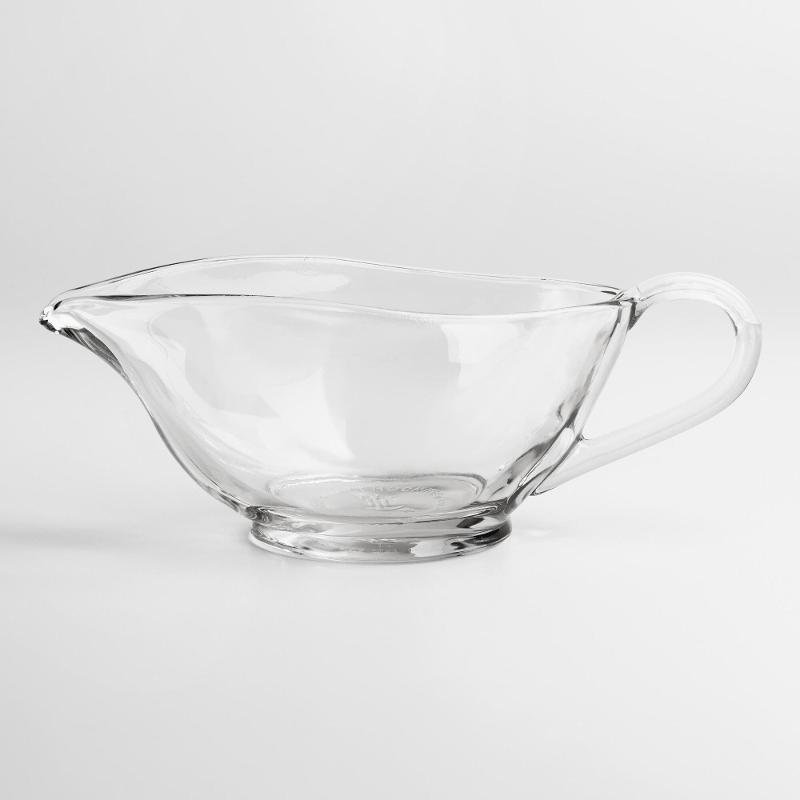Given how the dogma of low-fat is beaten into our heads, I think you’d have to be from another solar system to not have some concerns about eating high-fat. 
According to @erdoke, and what I can find on the Internet, ketogenesis (making ketones) and gluconeogenesis (making glucose from things such as protein) occur all the time in the liver, but it’s the lack of carbohydrates and relative abundance of the substrates for ketogenesis and gluconeogenesis that determines which one takes place and runs faster and we want ketogenesis to run the fastest! 
In simple terms, especially when first adapting to a ketogenic diet, it is extremely important to keep carbohydrates low while providing enough of the material needed for making ketones instead of glucose from what you eat, so this means eating enough protein to sustain lean body mass, but eating plenty of fat so there’s enough fatty acids around for ketogenesis to beat out gluconeogenesis.
You might ask about body fat supplying fatty acids and eating at a caloric deficit, but most people start keto because they haven’t been using body fat effectively and reducing calories during the adaptation process means you have to cut back on protein or fat since carbs are “fixed” at under 20 grams, which ends up not meeting your nutritional needs in some way.
After you’re fat-adapted, your body should be able to more readily access your body fat to supply the fatty acids needed for ketogenesis (and energy needs) and then you can likely reduce your intake of fat, but like @Fiorella said, you might need to consume a very high percentage of fat to get through the adaptation process.



